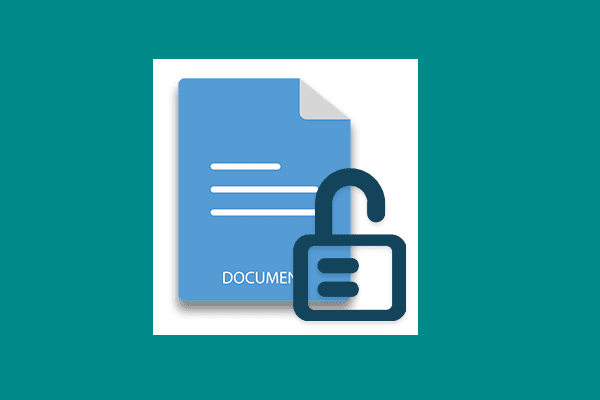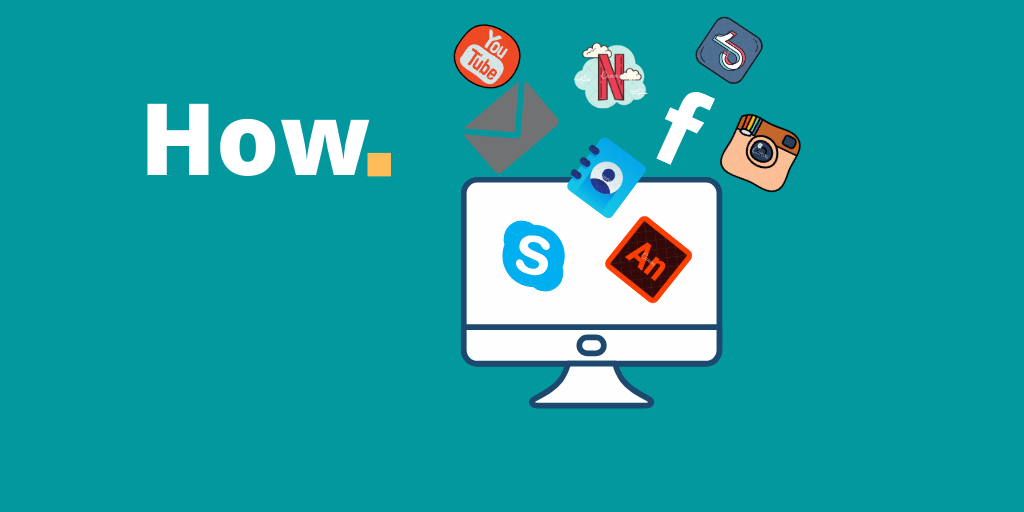Today, almost everything can be done in the digital space: from ordering food to shopping, to even filing taxes and court documents. Digital information has become so valuable that when put in the wrong hands, it can cause major damage to one’s life and reputation.
Protecting your digital assets and information is important even if you are not a big celebrity or well-known business personality. In the hands of hackers and syndicates, your identity can be used for illegal activities. Luckily, software developers know the importance of keeping information safe and tamper-free so they created features– like add page numbers to PDF files — that can help people protect their documents from criminals. Below are some ways you can protect your documents even with zero knowledge of cybersecurity or programming.
-
Encrypt Your Information
Data encryption is one of the highest forms of digital data security available to anyone. Encryption works by “scrambling” the information so that it cannot be read by anyone even if they have a copy of the file. The only way it can become readable again is by using a decryption key that is specific to the encryption used on the file. This way any sensitive information or data cannot fall into the wrong hands.
Data encryption can come in two forms: hardware and software. Some high-end flash drives and portable USB devices offer data encryption. As for software, they come in the form of programs and software as a service (SAAS). Many big companies use the encryption method to hide sensitive company information and even to hide their trade secrets. But buying encryption software or hardware is expensive and may not be sustainable for small businesses or ordinary people. However, if you hold highly sensitive information, it would be a wise decision to invest in data encryption software.
-
Avoid Saving On The Cloud
The creation of the cloud environment has changed the way digital data is stored all over the world. Before, digital data was stored on individual devices and must be transferred manually from one device to another through various means. With the cloud environment, files can be accessed from any device at any time and can be tampered with in real-time.
The cloud environment has made it easy to access files in our computers. But it has also made it easier for hackers to gain access to our most important and sensitive files. Like any other environment in the digital space, the cloud is not impenetrable. Highly skilled hackers with the right tools can break through cloud security and steal information; of course, this is very difficult to do, but not impossible. To avoid having sensitive information stolen by skilled hacking professionals, try your best to avoid saving them on the cloud environment as much as possible.
-
Create Offline Backups
If you must save important information on the cloud or any online platform, always create offline backups for these documents that you can always access. Having offline backups of sensitive information stored online will ensure that you do not become a victim of ransomware where your stored information becomes held by hackers for money.
Ransomware is a prevalent crime in cyberspace and the digital landscape. And many big companies have been forced to pay hackers millions to get their data and information back. But with offline backups, incidents like these could easily be avoided. Offline backups serve as your fail-safe in case of a data breach. So when you create offline backups, always make sure that it is updated or the backup becomes useless. You will still be at the mercy of hackers and their ransomware programs.
-
Use PDF Format
When transferring documents through the internet, the security of your file is compromised. Through sophisticated social engineering and other social hacking methods, company documents can end up in the hands of evil people. Once in their hands, it can easily be tampered with and used to breach through security unnoticed, giving them access to even more sensitive data.
Even a simple company memo with official headers and signatures can be weaponized by hackers if left unprotected. It can help them enter the system undetected and steal information regarding finances and future business development. To protect company documents from being tampered with by hackers, convert them into PDF format.
PDF or portable document format is a file format that prevents people from modifying and tampering with the saved document. Because of this, hackers cannot change any information on the file even if they receive a copy of it through social engineering. Without the ability to tamper with the document, they have no way to weaponize it and cause damage to their target.
Also read: Overcome The Dilemma Of Hiring Versus Outsourcing Your Email Marketing
-
Update Your Computer’s Security System
In today’s technology-driven culture, almost everyone is familiar with what many consider as “annoying” security updates. Computer security updates have a bad reputation among consumers because it takes up too much computer memory, slows down the device, and sometimes completely turns the device outdated and broken. But despite the bad reputation it receives, your computer’s built-in security system helps prevent sophisticated hacking programs from entering your device.
Most software companies send out security patch updates to help improve their program’s protection against newer and stronger hacking programs. Since hacking tools get regularly upgraded and modified to prevent detection, it is important to have updated software security. It makes sure hacking programs cannot get through and steal information undetected.
Conclusion
The digital landscape has opened many opportunities for people all around the globe; it has made life easier and comfortable. But at the same time, it has brought in new dangers and risks that could damage our reputation and even our life in general.
Preparing your security in this changing digital landscape is now more important than ever. As we all move towards an all-digital culture where everything is done online, you should know how to best secure your identity, privacy, and data from the evils of the digital environment.



